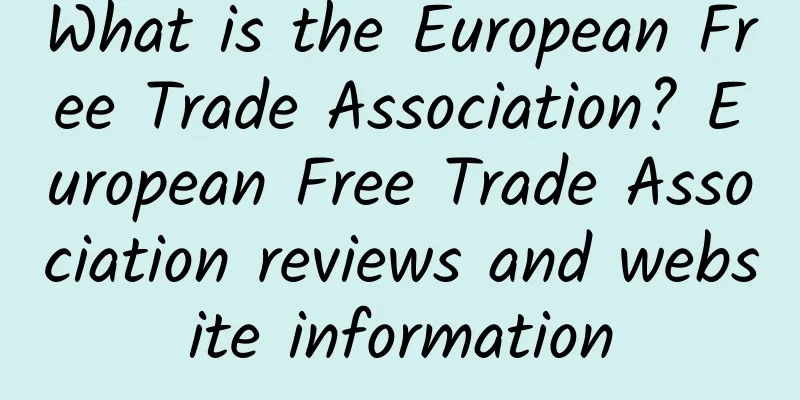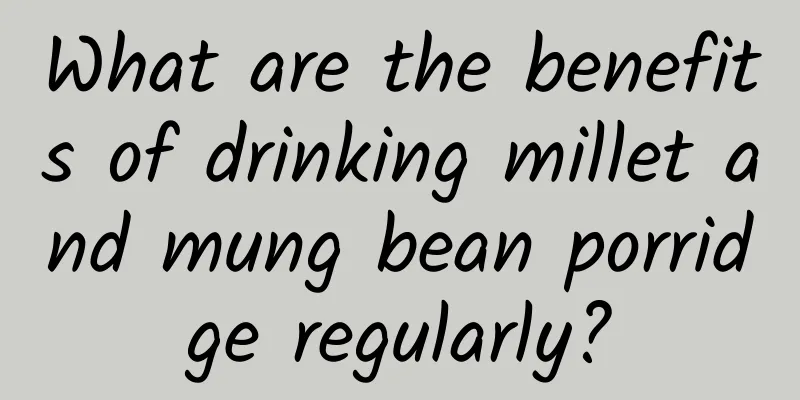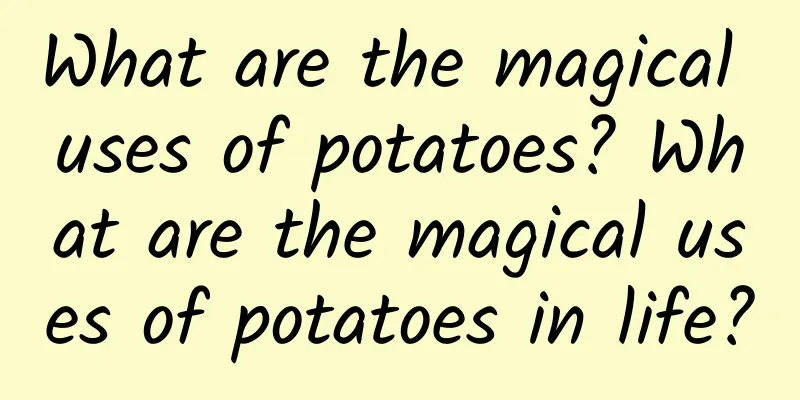What is the European Free Trade Association? European Free Trade Association reviews and website information

|
What is the European Free Trade Association? The European Free Trade Association (EFTA) is a European trade promotion organization. It originated from the signing of the Convention Establishing the European Free Trade Association (the Stockholm Convention) by Austria, Denmark, Norway, Portugal, Sweden, Switzerland and the United Kingdom in Stockholm on January 4, 1960. It was officially established on May 3, 1960 and is headquartered in Geneva. Website: www.efta.int The European Free Trade Association (EFTA) is an organization that aims to promote free trade and economic cooperation among its member states. It was established on May 3, 1960, originating from the Convention Establishing the European Free Trade Association (the Stockholm Convention) signed in Stockholm on January 4 of the same year by Austria, Denmark, Norway, Portugal, Sweden, Switzerland and the United Kingdom. Over time, the member states of EFTA have changed, but its core goal has always been to promote free trade and economic integration. EFTA is headquartered in Geneva, Switzerland. Its main function is to promote the free flow of goods, services, capital and labor by reducing and eliminating tariffs and other trade barriers between member countries. By signing free trade agreements, EFTA member countries have not only achieved free trade within the union, but also established a wide range of free trade networks with other countries and regions. The background of EFTA's establishment can be traced back to the late 1950s. At that time, European countries gradually recovered their economies after World War II and began to explore how to promote peace and prosperity through economic cooperation. In 1957, six European countries (Belgium, France, Germany, Italy, Luxembourg and the Netherlands) signed the Treaty of Rome and established the European Economic Community (EEC), the predecessor of the later European Union. The goal of the EEC is to achieve economic integration among member states by establishing a common market. However, not all European countries are willing to join the EEC. Some countries are worried that joining the EEC will undermine their sovereignty, or believe that some of the EEC's policies are not in line with their national interests. Therefore, these countries decided to establish an independent free trade organization, namely EFTA. EFTA member states hope to promote economic cooperation through free trade agreements without involving political integration. EFTA's member states included Austria, Denmark, Norway, Portugal, Sweden, Switzerland and the United Kingdom in its early days. However, as time went on, Denmark and the United Kingdom withdrew from EFTA in 1973 and 1973 respectively and joined the EEC. Portugal also withdrew from EFTA in 1986 and joined the EEC. Currently, EFTA's member states include Iceland, Liechtenstein, Norway and Switzerland. Although EFTA has a small number of member states, it still has a significant influence in global trade. EFTA member states have established extensive trade relations with many countries and regions in the world by signing free trade agreements. For example, EFTA signed the European Economic Area (EEA) Agreement with the European Union, allowing EFTA member states (except Switzerland) to participate in the EU single market and enjoy the free flow of goods, services, capital and labor. In addition, EFTA has signed free trade agreements with many non-EU countries, including Canada, Mexico, South Korea, Singapore, etc. These agreements provide EFTA member countries with opportunities to enter the markets of these countries and promote bilateral trade and investment. EFTA's organizational structure is relatively simple, mainly including the following institutions:
EFTA's work focuses on the following areas:
Although the number of EFTA member states is small, they have important economic strength in their respective fields. For example, Norway is an important oil and gas exporter in the world, Switzerland is famous for its developed finance and manufacturing, Iceland has advantages in fisheries and renewable energy, and Liechtenstein is known for its high value-added manufacturing and financial services. Through the free trade agreement, EFTA member countries have not only achieved economic integration within the union, but also established extensive trade relations with other countries and regions, which has brought significant economic benefits to member countries, including increasing exports, attracting foreign investment, promoting employment and technological innovation. However, EFTA also faces some challenges. First, with the changes in the global economic situation and the rise of trade protectionism, the negotiation and implementation of free trade agreements have become more complicated and difficult. Second, the relationship between EFTA member states and the EU is also facing uncertainty, especially after Brexit, the trade relationship between EFTA and the EU needs to be readjusted. In addition, EFTA member states need to comply with many EU rules and standards when participating in the EEA Agreement, which limits their policy autonomy to a certain extent. Although EFTA member states enjoy the convenience of the EU single market through the EEA Agreement, their influence on EU decision-making is relatively limited. Nevertheless, EFTA remains an important part of the European and global trade system. By continuously adjusting and optimizing its policies and strategies, EFTA will continue to provide a platform for economic cooperation and trade development for its member states and promote global free trade and economic integration. EFTA's website (www.efta.int) is an important platform for obtaining the latest information about the organization. The website provides detailed information about EFTA's history, organizational structure, member states, trade agreements, policy research and press releases. By visiting the EFTA website, the public can learn about EFTA's latest developments and obtain the latest information on free trade and economic cooperation. In short, the European Free Trade Association (EFTA) is an organization that aims to promote free trade and economic cooperation among its member states. Despite its small number of member states, EFTA plays an important role in global trade by signing free trade agreements with other countries and regions. EFTA will continue to be committed to promoting free trade and economic integration and contribute to the development of its member states and the global economy. |
>>: How is Compass Group? Compass Group reviews and website information
Recommend
How is 24 Sevres? 24 Sevres review and website information
What is 24 Sevres? 24 Sèvres is a luxury shopping ...
What are the benefits of eating more loofah? What are the benefits of eating loofah?
Do you like to eat loofah? Do you know what benef...
Polydor Records_How is Polydor? Polydor Records_Polydor Reviews and Website Information
Polydor Records_What is Polydor? Polydor Records i...
What is Fiorentina Football Club like? Fiorentina Football Club reviews and website information
What is the website of Fiorentina Football Club? F...
The efficacy, effects and contraindications of Dendrobium powder
Many people have eaten fresh dendrobium and know ...
What is drugstore.com like? Reviews and website information
What is drugstore.com? drugstore.com is an America...
The propagation and cultivation techniques of Clivia miniata
Clivia miniata is just like its name, it has the ...
Ingredients and methods of millet pumpkin porridge Cooking methods of millet pumpkin porridge
Porridge is a very common food in my country, and...
What is Katie Cassidy like? Katie Cassidy reviews and website information
What is Katie Cassidy's website? Katie Cassidy...
What are the nutrients in papaya? What are the nutritional values of papaya?
What nutrients does papaya have? Let me give you ...
How to grow potted crown grass? Tutorial on how to grow potted crown grass
The crown grass in a pot is a plant that looks li...
What are the functions and effects of asparagus fern? The Feng Shui effect of asparagus fern
Asparagus fern is a very common green ornamental ...
Chinese Cabbage
Chinese cabbage is almost the only thing we can e...
The efficacy, effects and contraindications of black melon seeds
Every New Year, every household will prepare some...
How to pickle red sugar radish
Have you ever tried sour radish with brown sugar?...









